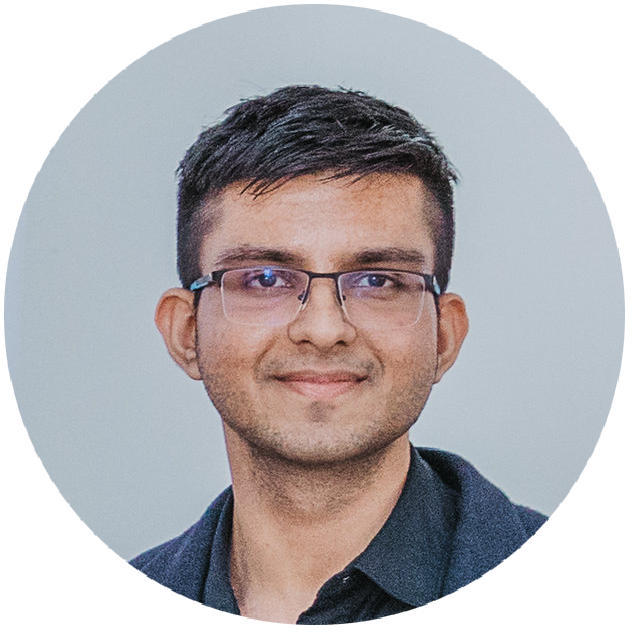Panshul Mehta, SVK winner: "Challenging yourself is one of the best ways to improve."
 1. What do you enjoy about science?
1. What do you enjoy about science?
I enjoy the inquisitive nature of science. Like the question about “how the apple fell from the tree?” led to the discovery of the laws of gravity. The cornerstone to the advancement of human race is science. We went from stone age to civilization because someone at some point in time asked the question “how can this be done better?”
2. Presenting your work to colleagues and teachers is quite challenging, what did you get from this year's SVK with regard to the presentation of science?
Yes, it was quite challenging. However, challenging yourself is also one of the best ways to improve. Often, over years of working on something, you lose track of the progress you have made. In preparation for the presentation I had to summarize and understand the results, which gave me clarity but also questions to solve in the future. In addition, I was able to sharpen an important life skill: communication, since being able to communicate your ideas effectively, is very important. Another benefit was to see the hard work my peers have put in, it gave me a sense of community and motivation to keep working hard on mine.
3. Do you follow any scientific personality and its work?
Our mentor and supervisor doc. MUDr. Lucie Muchová, Ph.D. She has been our anchor and keeps us updated on all relevant scientific progress. What we are doing is a continuation of her work. In addition, I read relevant PubMed articles whenever it catches my eye.
4. How difficult was your work? And what always makes you keep going?
T he work we do is no doubt difficult especially when you have to balance it with other aspects of being a student. A lot of the times we have been in the lab until late evenings, finishing up long experiments that requires constant oversight. I believe the idea that “what we are doing can have an impact” and a team- -work mentality keeps us going. We all have our up and downs, but we cover for each other, so the boat keeps afloat. Our mentor has instilled this work ethic in us by being supportive and always being there for us.
5. Will you now follow up on your topic, or are you considering moving to another area?
T he potential of the compounds we are working on is immense and we have barely scratched the surface. I personally will continue to work on this topic for as long as I have the access to the resources. Although this does not close me off from discovering other research avenues. If something catches my interest and holds great potential, I will surely work on it.
